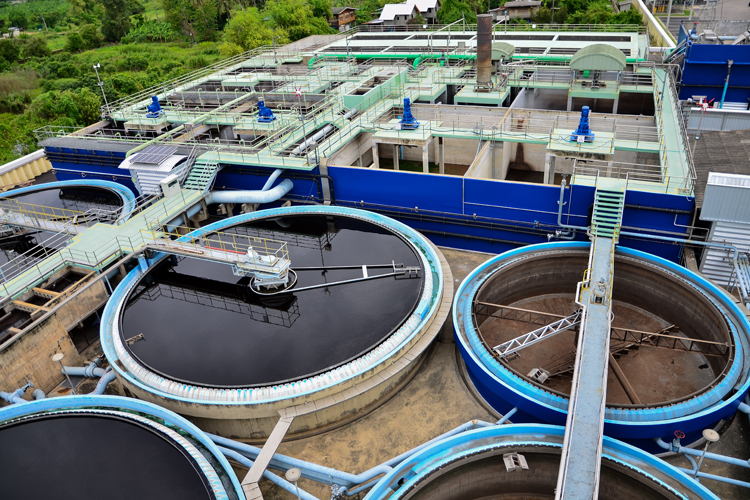Sustainable Management of Foul Water
13 October 2021

The sustainable management of foul water, which refers to wastewater containing human waste and other pollutants, is of critical importance for public health, environmental protection, and the overall well-being of communities. This involves the proper collection, treatment, and disposal of wastewater while minimizing the negative impacts on the environment and maximizing resource recovery.
Sustainable foul water management focuses on effective wastewater collection and treatment systems. This includes the establishment of well-designed sewer networks that efficiently collect and transport foul water to treatment facilities. The treatment process aims to remove contaminants and pollutants from the wastewater before its safe discharge or reuse. Sustainable management practices also encourage the use of advanced treatment technologies, such as membrane filtration, anaerobic digestion, and nutrient removal processes, to optimize treatment efficiency and minimize the release of harmful substances into the environment.
Environmentally sound treatment of wastewater, whether on a specific site or via a public treatment works, can be a way to have a positive impact on energy consumption, carbon footprint, nutrient balance, quality of our watercourses, pollution content in public rivers and much more.
Read the full article on the Sustainable Management of Foul Water which explores the current rules for site management and the various sustainable treatment options available.





